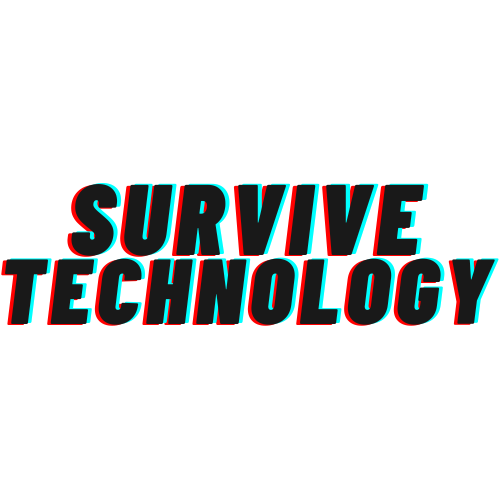Overcoming the Challenges of Government Cybersecurity: An Analysis of Resources, Training and Technology
12//21
I remember when I was training in the Army for my MOS as an IT Specialist, we had some windows XP machines that we had to train on. All while the world was using windows 7. That is even with the big budget the military has. The military couldn't just spend millions of dollars updating operating systems for all of the military. We see this kind of issue in many of the government agencies. You must set assets aside to keep up with the systems. We are living in the age of technology, and it's growing at a fast-paced. With it comes many difficulties and obstacles. The lack of funds each agency has can cause many issues; for example, you'll have personnel that will require training, and you'll need better technology.
As cybercrimes increase, so does the resources required to stop them. Both personnel and technology have to be aligned to increase the success of our agencies. One of the biggest problems we have is the lack of training. Or better yet, the roles that specific agencies give to their personnel. "The number of local, state, county, and regional computer crime task forces continue to increase, largely because these agencies have experienced more computer-related criminal activities within their jurisdictions". (Taylor, Fritsch 2018) But whom are the agencies putting in these roles? Agents with a badge and gun who went through a police force boot camp?
The three steps we can take is to start separating the initial training these agents for each agency will do. Instead of three months of training on how to handle a firearm, send them to programming school. You need to fight fire with fire, not fire with iron. Another step is that agencies need to work better together. They need to start sharing resources and information. Lastly, I feel that agencies and the government need to distribute funds where they need them better. Instead of focusing on a program that will benefit one agency, why not focus on one that will benefit all.
______________________________________________________________________________________________
Reference
Taylor, R.W., Fritsch, E.J., Liederbach, J.C., Saylor, M.R., & Tafoya, W.L. (2018). Cyber Crime and Cyber Terrorism 4th ed. United States: Pearson, Prentice Hall.
As cybercrimes increase, so does the resources required to stop them. Both personnel and technology have to be aligned to increase the success of our agencies. One of the biggest problems we have is the lack of training. Or better yet, the roles that specific agencies give to their personnel. "The number of local, state, county, and regional computer crime task forces continue to increase, largely because these agencies have experienced more computer-related criminal activities within their jurisdictions". (Taylor, Fritsch 2018) But whom are the agencies putting in these roles? Agents with a badge and gun who went through a police force boot camp?
The three steps we can take is to start separating the initial training these agents for each agency will do. Instead of three months of training on how to handle a firearm, send them to programming school. You need to fight fire with fire, not fire with iron. Another step is that agencies need to work better together. They need to start sharing resources and information. Lastly, I feel that agencies and the government need to distribute funds where they need them better. Instead of focusing on a program that will benefit one agency, why not focus on one that will benefit all.
______________________________________________________________________________________________
Reference
Taylor, R.W., Fritsch, E.J., Liederbach, J.C., Saylor, M.R., & Tafoya, W.L. (2018). Cyber Crime and Cyber Terrorism 4th ed. United States: Pearson, Prentice Hall.

.png)